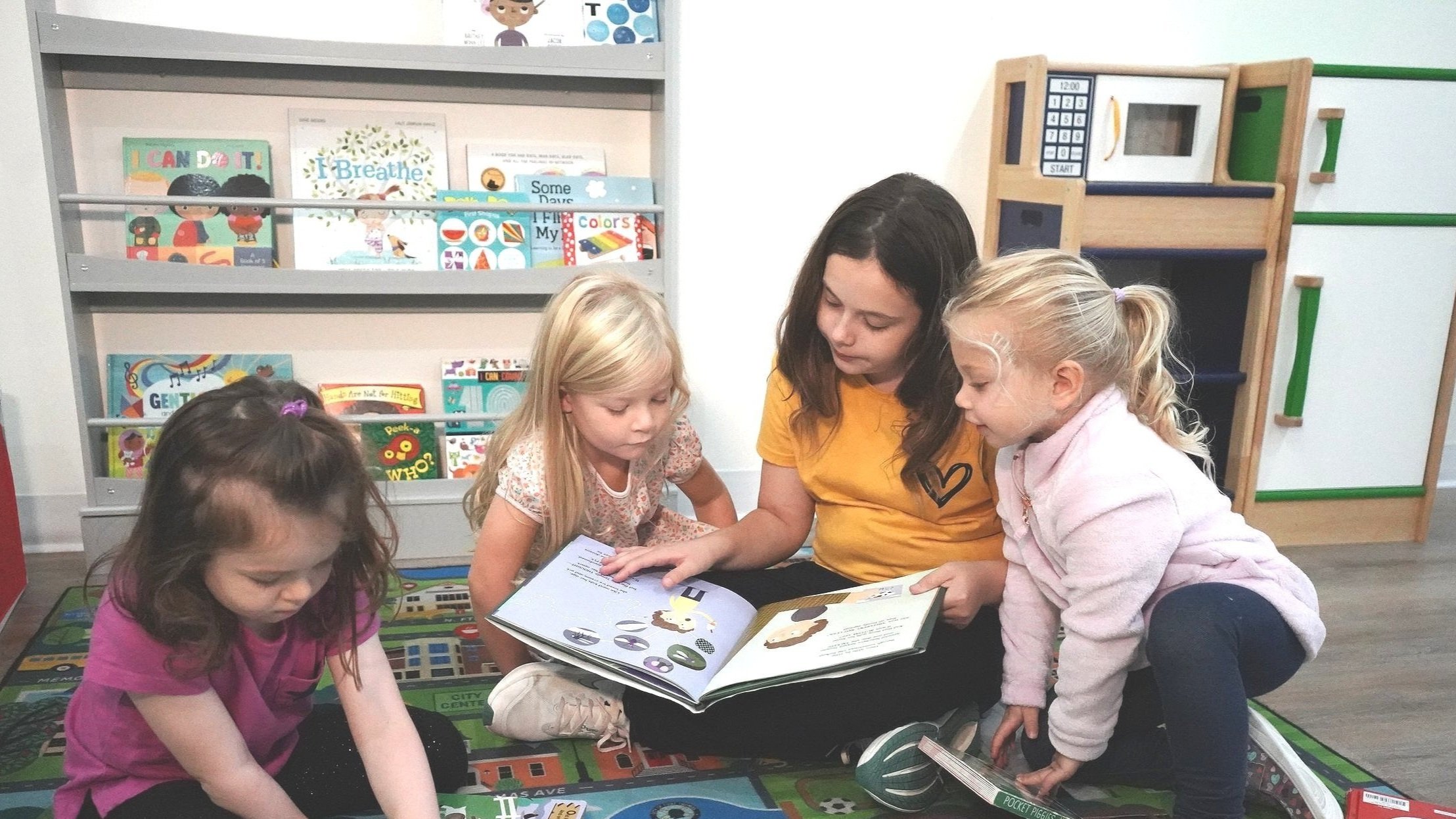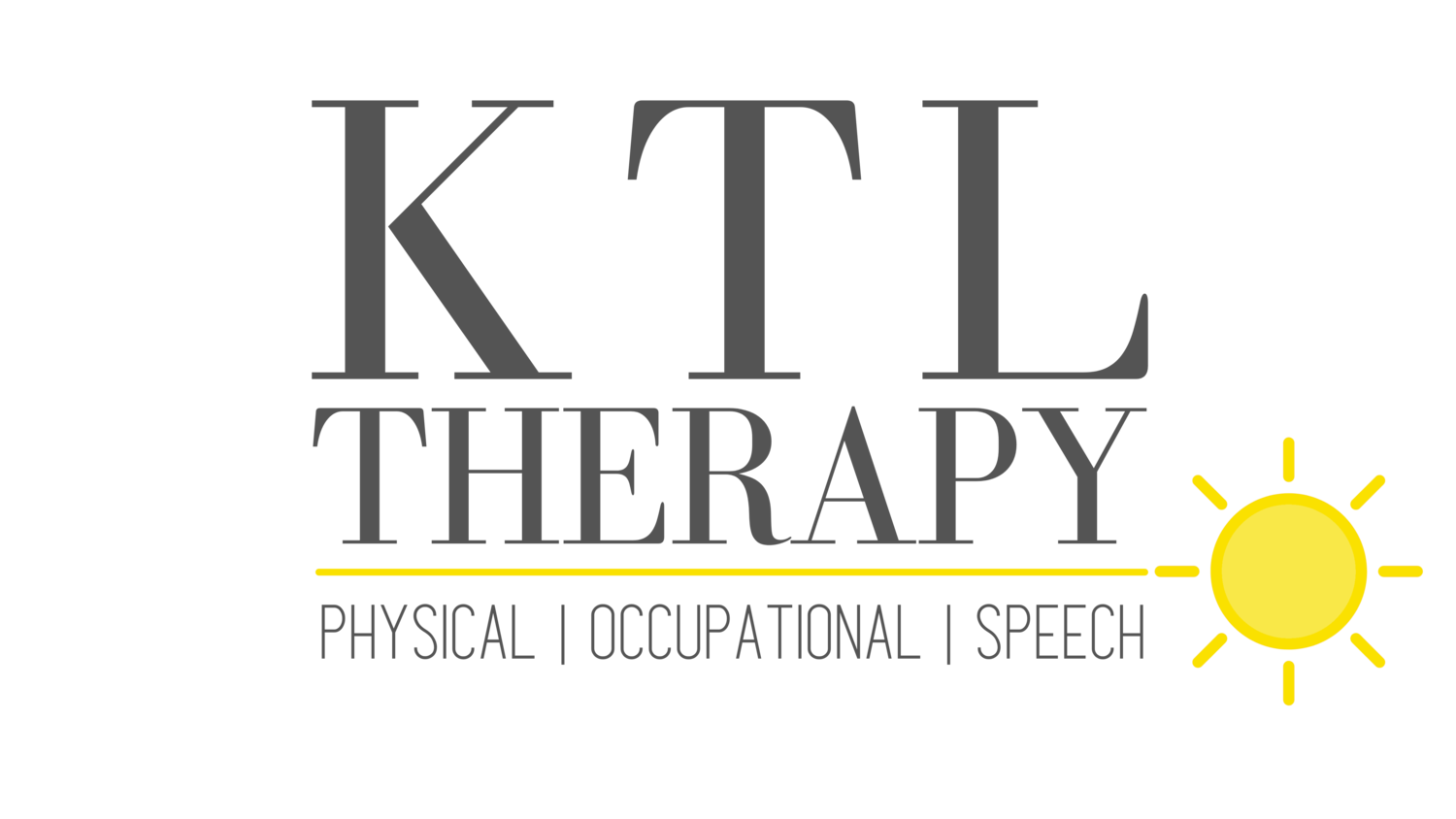
THE KTL BLOG
Our therapists share tips and insights to support you and your child!
2025 KTL’s 12 Days of Toys List
KTL therapists share some of their favorite toys to work on therapy at home. Feel great about giving this holiday season!
What is Augmentative and Alternative Communication?
Augmentative and Alternative Communication (AAC) is for early communicators who aren't using their words yet, those communicating with only a few words, or children who are communicating with their bodies and their behaviors instead of speaking.
Discovering DIR Floortime
DIR stands for Developmental Individual Differences and Relationship. This therapy model acknowledges that every child's development is unique.
Could Your Child Have Dysphagia?
Dysphagia is a broad term used to describe feeding and swallowing disorders during any phase of eating and drinking, beginning at the lips and ending at the esophagus.
Helping Your Child Make the “F” Sound
Children can struggle to make the “f” sound in words and often substitute the “f” sound with the “th” sound. Learn a fun way to help your child work on the “f” sound!
Practicing “S” Sounds at Home
Imitation is a great way to teach a new speech sound such as the S. Watch as Kelly & Frankie demonstrate imitation in a speech therapy session.
Building Language with a Barrier Game
Therapy is most effective as children are fully engaged in play-based tasks. Barrier games offer ample opportunities for a child’s language development while keeping their attention and interest.
What Do I Do After My Child Gets A Diagnosis?
No one knows your child better than you do. What if you suspect something more is going on?
A Picture Says A Thousand Words
Picture cues can be used to create a visual schedule for your child. A visual schedule can provide many different benefits for a child. The biggest benefit of a picture schedule is being able to communicate a routine for your child.
Little People, Big Emotions
We know it’s acceptable to feel every emotion, and as adults, we are able to match our reaction to the situation. Children don’t innately have the skills to do this, so they must be taught how to regulate their emotions.
4 Tips to Help Your Child Make “R” Sounds
Have you noticed your child’s speech sounding different from other children his age? It could be that your child is having trouble making the R sound in speech. Perhaps, he is making a W sound or an Ah sound instead of the R sound? For example, does he say “wun” for “run” or “biggah” for “bigger”?









